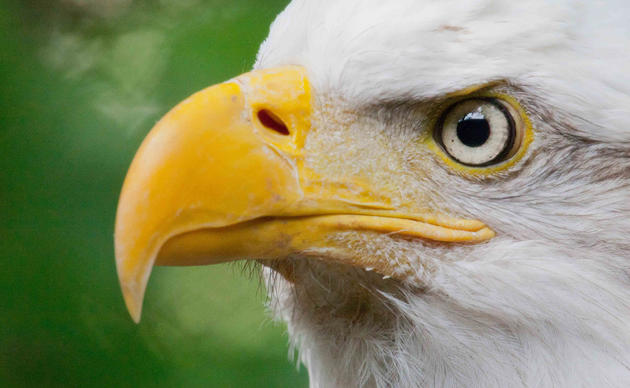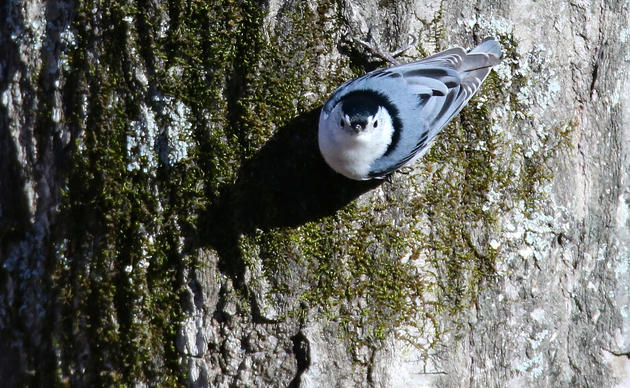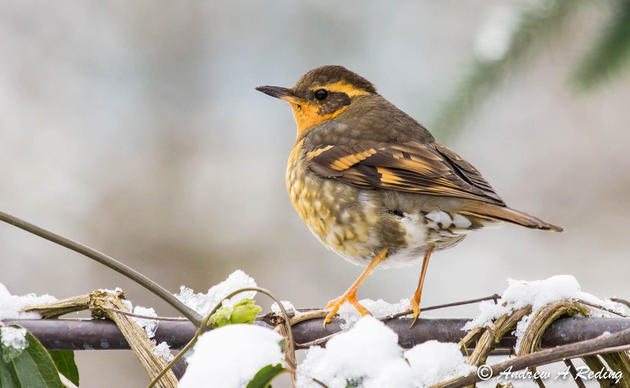Good things come to those who persist, and over the course of the last few days, years of diligent advocacy from our Audubon network paid off with some major victories for conservation and climate. On Sunday night legislators wrapped up an especially productive legislative session for our priorities – here are the highlights:
Climate: In our third year of championing a Clean Fuel Standard, the state legislature proved that the third time truly is a charm. Transportation emissions (44% of Washington’s carbon emissions) are a clear and present climate danger and a significant threat to bird health. This policy is a tremendous step in the right direction for birds and people, limiting emissions from transportation while making important investments in transportation electrification and cleaner burning fuels.
Audubon Washington has been working with legislators and climate advocates for years to find an equitable path to pricing carbon pollution. This year, two significant carbon pricing bills were proposed and one of them, a cap and invest bill proposed by Governor Inslee, passed with our support.
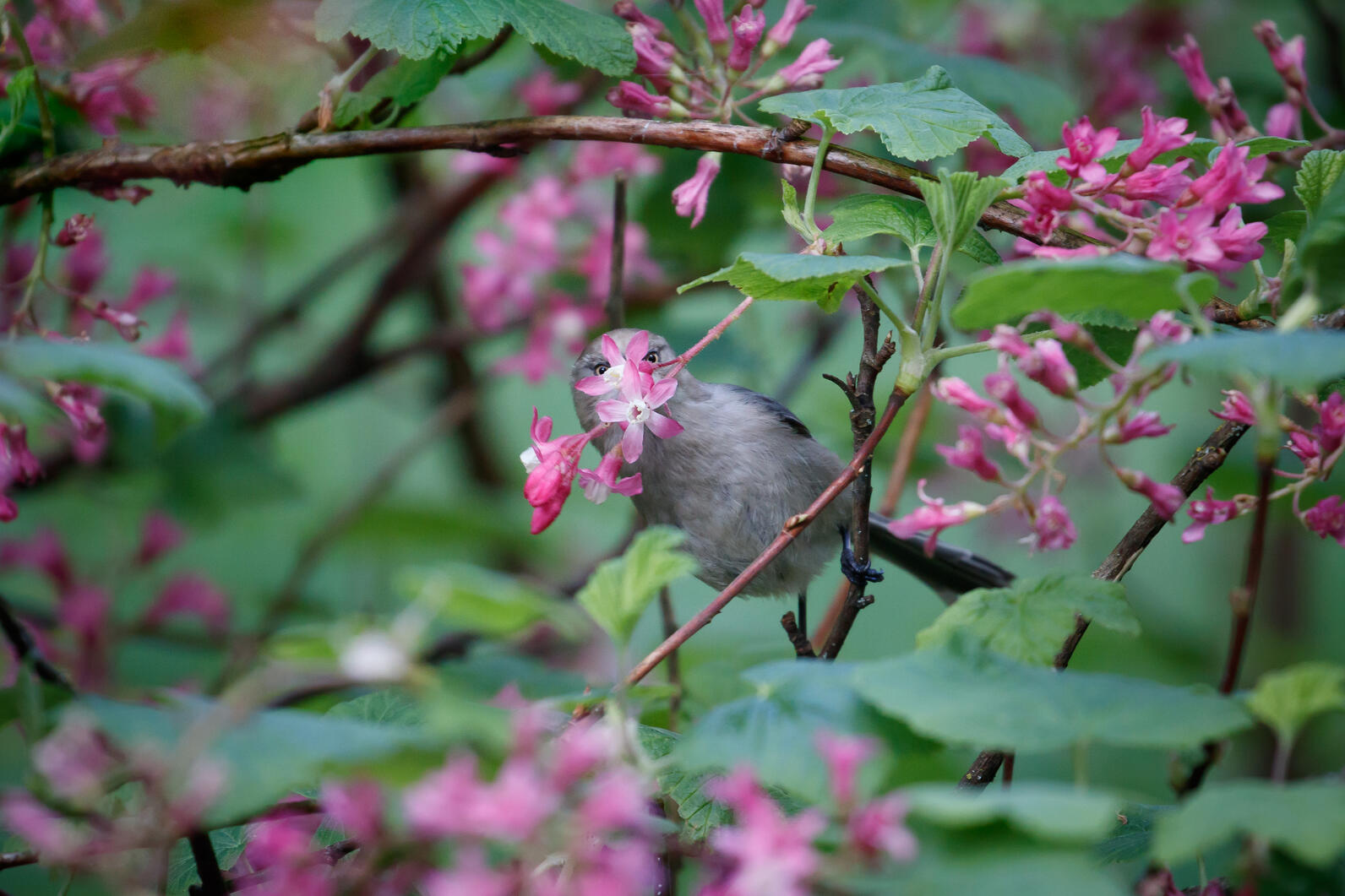
Passage of these two policies is game-changing for Washington State’s approach to climate change.
In a partial victory, the legislature allocated budget dollars to the Department of Commerce to develop a model framework for counties to plan for a changing climate under the Growth Management Act (GMA). This will be helpful to counties who voluntarily choose to incorporate climate resilience into their comprehensive plans and, if we can pass legislation requiring the GMA incorporate climate change planning in 2022, will serve as the model climate change element under an updated GMA.
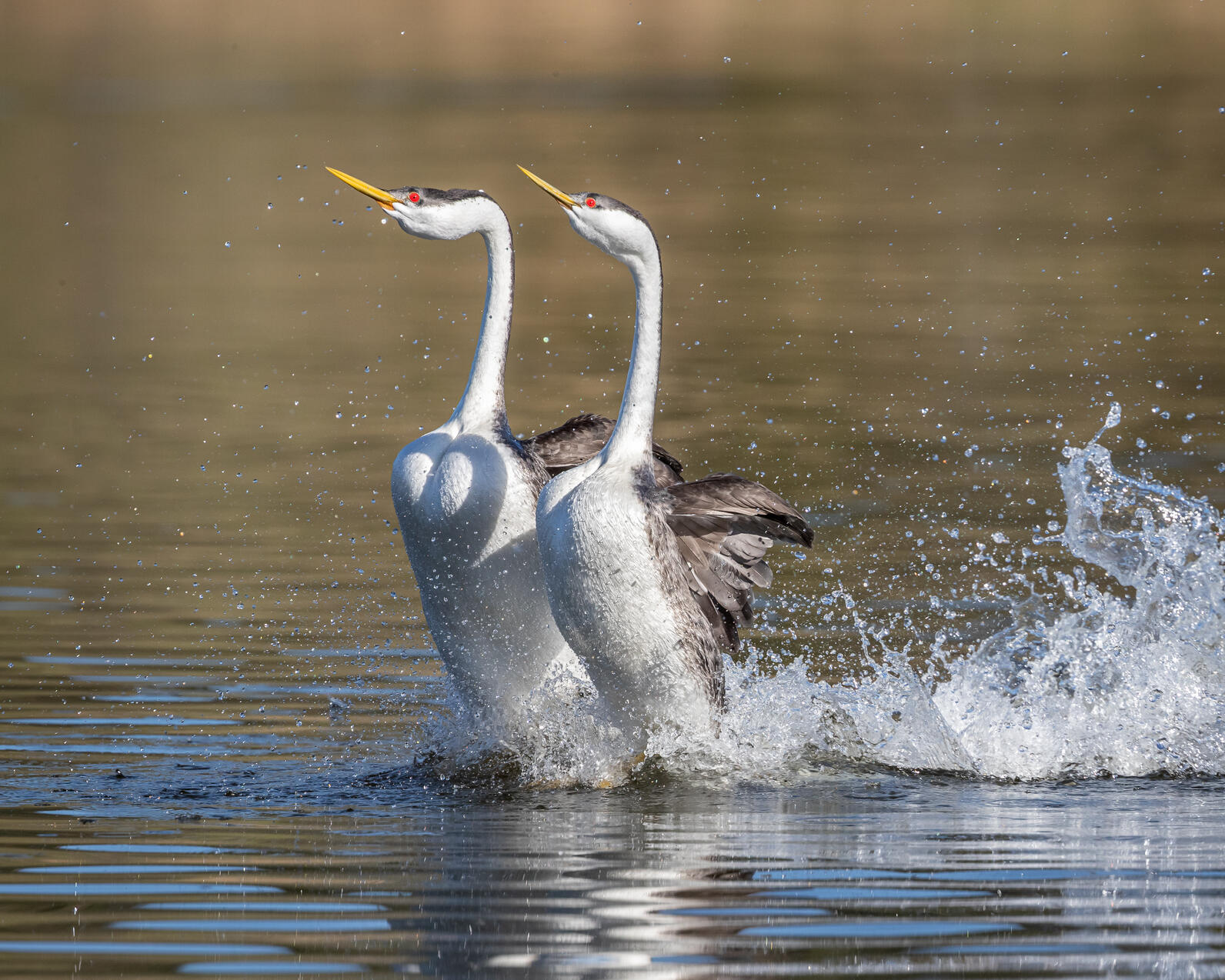
Puget Sound: The legislature funded important conservation grant programs at near-record levels, supporting acquisition and restoration projects across Puget Sound. We also helped pass legislation updating our state’s shoreline regulations to require landowners to use least impactful alternatives when replacing shoreline armoring.
There is still much to be done, at the state, local, and federal level, which is why we’re so excited to be hiring a Puget Sound Program Manager. Help us find the right person to advance Puget Sound recovery by sharing this job description.
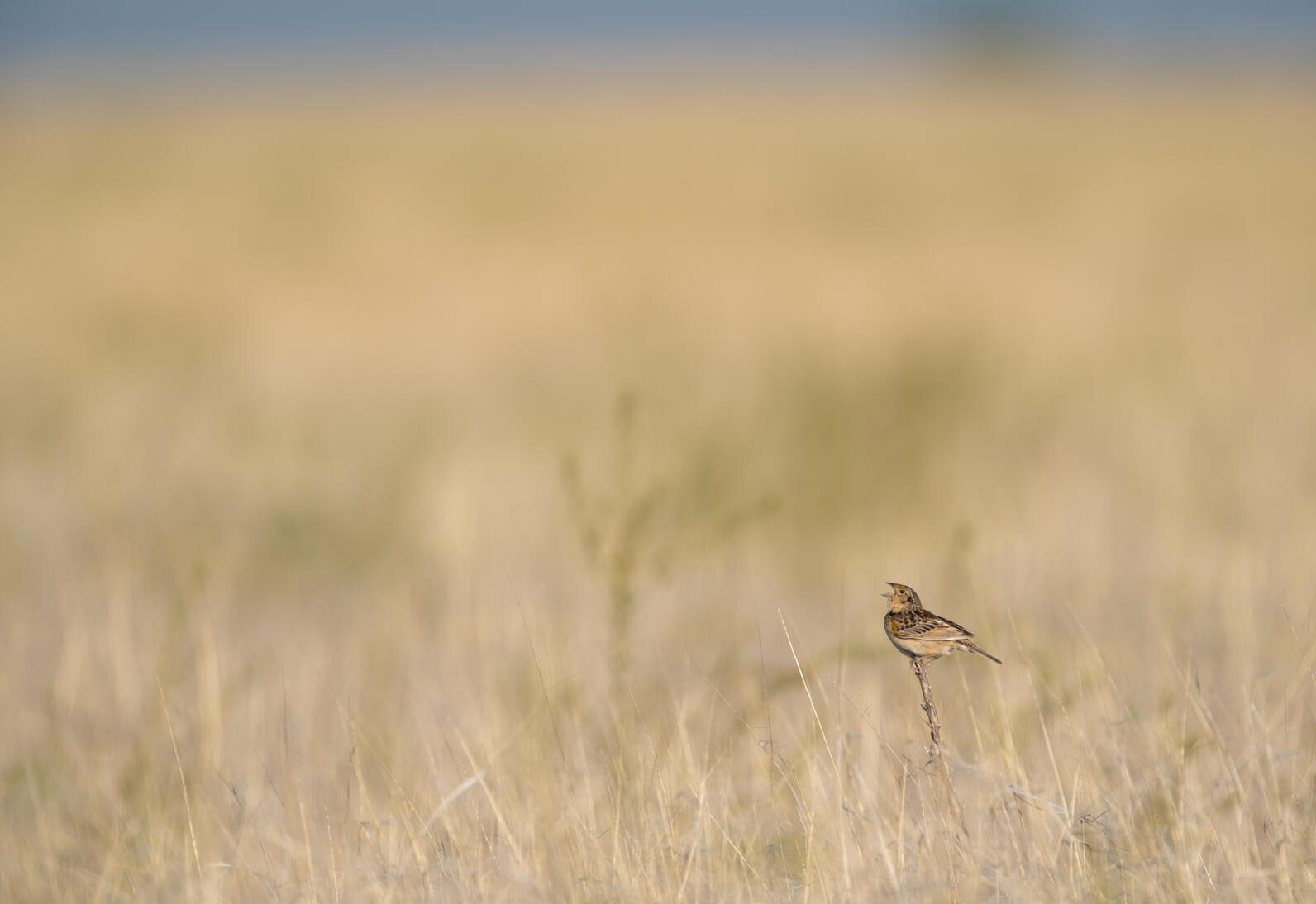
Columbia Basin: After a pandemic-related setback last year, we successfully revived funding for a program at Washington State University’s Energy Program aimed at properly siting solar energy in the Columbia Plateau. Our state office conceived of this project shortly after helping to pass the Clean Energy Transformation Act. It will be modeled after a successful process in California and an exemplar for future stakeholder-driven energy siting processes. We’re confident it will help mitigate conflict in our state’s sunniest region, expediting well-sited solar arrays on our way to 100% clean energy.
We also helped secure critical funding for much-needed post-fire recovery in the shrub-steppe. After last year’s Labor Day fires, our volunteer network mobilized to help with immediate, post-fire seeding. Those same volunteers (and many more) showed up big during the legislative session to pass this important funding package, with 700 individuals and 50 organizations joining a sign-on letter calling for well-funded sagebrush recovery.
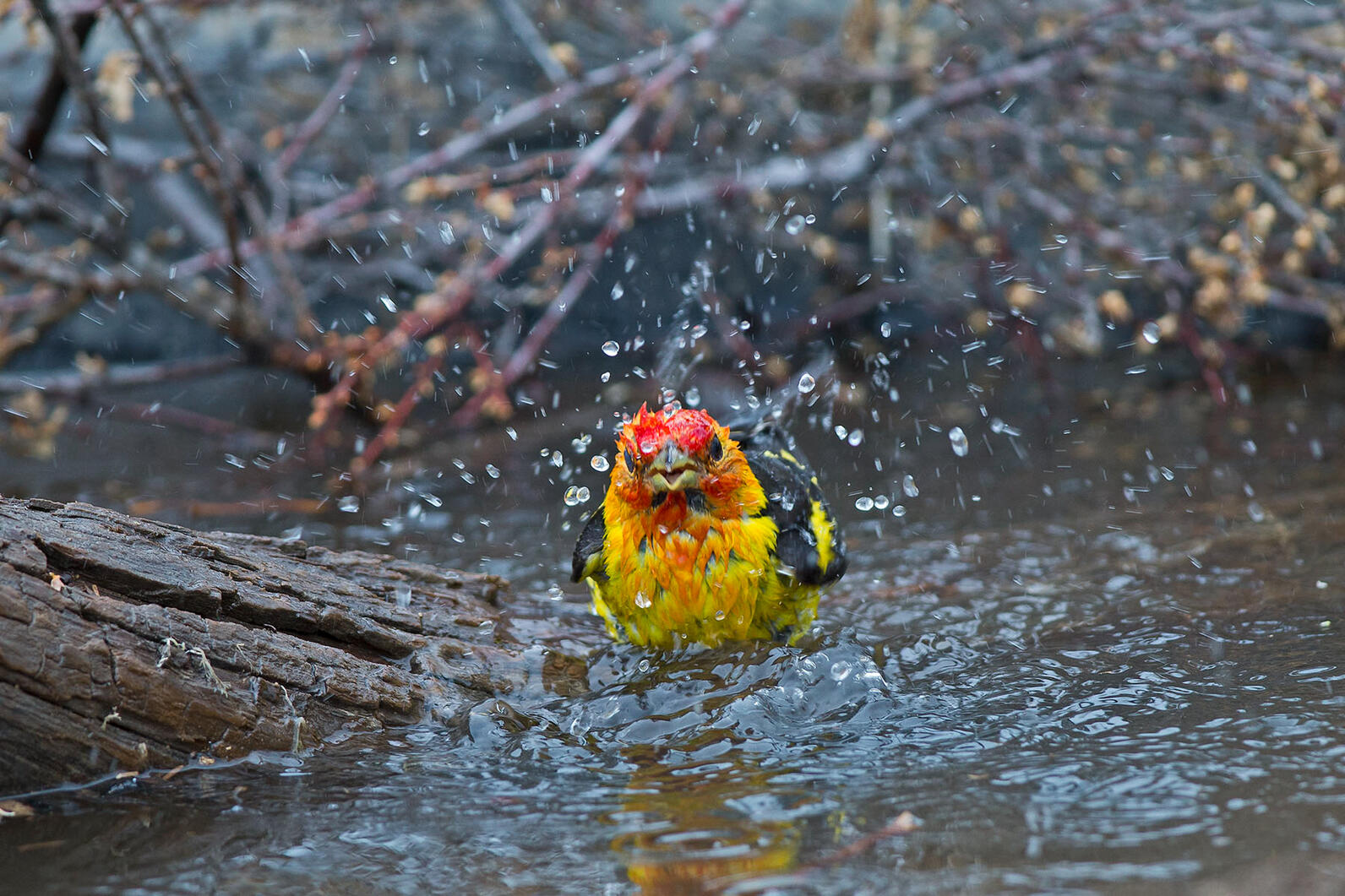
Environmental Justice: Another long-term effort, the HEAL Act, passed the House and Senate last week and is on its way to the Governor’s desk. The HEAL Act (also known as the Healthy Environment for All Act) defines environmental justice in state law and instructs state agencies to incorporate principles of environmental justice into their day-to-day activities. We were proud to join our partners at Front and Centered, among others, to educate legislators on the importance of ensuring environmental policies also right historic wrongs.
Together we are so strong, capable of steering local, state, and federal policy towards habitat protection and a stable climate. We’re immensely grateful to our network of Audubon advocates for their active commitment to protecting birds, people, and the incredible landscape that makes Washington State such a special place to call home.

